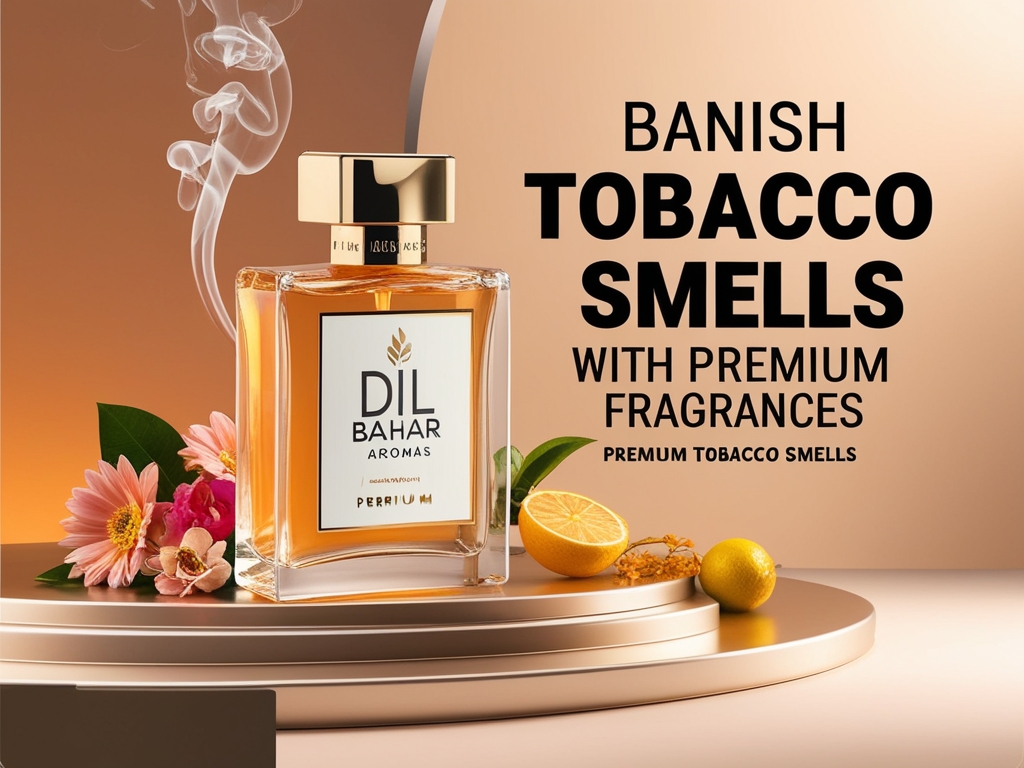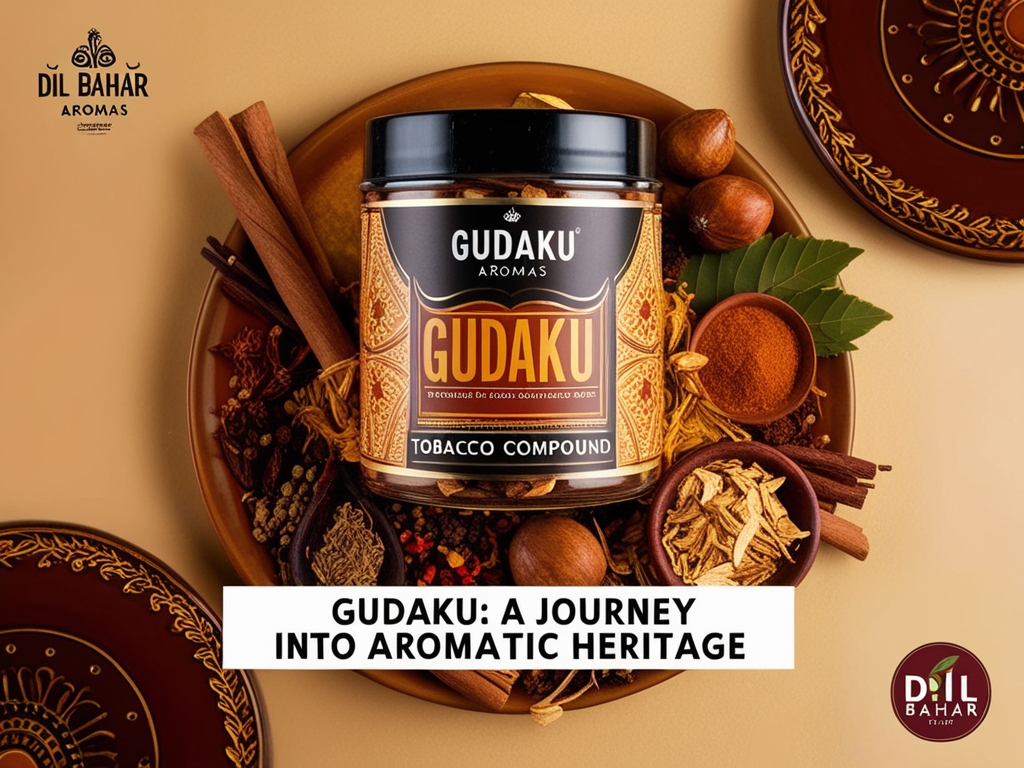Introduction
In the complex universe of tobacco production, the search for unique and pleasant fragrances is never-ending. Two compounds, Gudaku and Gundi, have proven to be instrumental in creating full-bodied, scented tobacco products. For producers looking to enhance their products, knowing these compounds and procuring them from authentic Gudaku compound suppliers for tobacco manufacturers is crucial.
Table of Contents
Understanding Gudaku and Gundi
Gudaku is an age-old preparation of tobacco found mostly in a few regions in India. It’s a pasty combination containing tobacco and added ingredients like jaggery that give a very specific fragrance and taste profile to tobacco products. This compound was a traditionalist in the domestic markets, respected for its differentiating aspects.
Gundi is a particular chewing tobacco. It’s made through the mixing of tobacco dust and other flavoring agents to make a product that is both aromatic and edible. The ingredients may differ, but it always looks to improve the sensory experience of consuming tobacco.

The Position of Gudaku in Tobacco Products
It has several advantages, including incorporating Gudaku in tobacco products:
- Aromatic Enrichment: Gudaku adds a deep, sweet scent, enriching the overall sensory experience of the product.
- Flavor Nuance: The union of tobacco and jaggery in Gudaku provides a complex flavor experience, appealing to customers looking for depth of taste.
- Cultural Connection: Where Gudaku is conventionally utilized, its presence can be culturally aligned with local tastes, building brand loyalty.
Producers looking to diversify their product lines can use Gudaku to bring in products that are unique in a competitive market.
Gundi: Enhancing Tobacco’s Appeal
Gundi is a multi-purpose ingredient in tobacco production:
- Flavor Tailoring: By modifying the proportion of flavoring agents, producers can customize Gundi to suit individual consumer preferences.
- Aromatic Consistency: Gundi provides a uniform aroma from batch to batch, ensuring product quality and customer satisfaction.
- Market Differentiation: Selling products filled with Gundi can differentiate a brand, with consumers looking for a distinct tobacco experience.
Balancing traditional expertise and contemporary production techniques is essential to incorporate Gundi to meet maximum results.
Sourcing Reliable Gudaku Compound Suppliers for Tobacco Manufacturers
For tobacco manufacturers, partnering with trustworthy Gudaku compound suppliers for tobacco manufacturers is crucial:
- Quality Assurance: Reliable suppliers maintain high-quality control standards that ensure the consistency and purity of Gudaku.
- Regulatory Compliance: Seasoned suppliers are familiar with regulatory expectations, offering compounds that comply with the law.
- Supply Chain Reliability: Developing relationships with reliable suppliers offers a reliable supply, avoiding disruptions in production.
When choosing a supplier, take into account industry reputation, certification, and the capacity to present detailed product information.
Regulatory Considerations when Manufacturing Tobacco
Understanding regulatory requirements is critical for manufacturers using Gudaku and Gundi:
- Product Classification: Knowing how products are classified under domestic laws can affect taxation and compliance. For example, some types of Gudaku fall under certain tax codes under the HSN, which influences GST rates.
- Health Regulations: Health and safety compliance is crucial, especially in light of the controversy over tobacco products.
- Packaging and Labeling: Compliance with packaging rules, such as health warnings and ingredient labeling, is required in most jurisdictions.
Being aware of changes in regulations and having an open channel of communication with suppliers can help smooth compliance.

Final Thought
Incorporating Gudaku and Gundi into tobacco products offers manufacturers an opportunity to enhance aroma, flavor, and market appeal. By partnering with reliable Gudaku compound suppliers for tobacco manufacturers, brands can ensure product quality and regulatory adherence. With the development of the tobacco business, the incorporation of these heritage compounds can create a competitive advantage, appealing both to traditional users and emerging markets.
FAQs: Gudaku Compound Suppliers for Tobacco Manufacturers – Top 5 Secrets
What are Gudaku and Gundi, and how are they used in tobacco products?
Gudaku is a pasty tobacco preparation found in some areas of India, traditionally being utilized. Gudaku consists of tobacco and items like jaggery mixed to give a peculiar flavor and scent profile to tobacco products. A different preparation by the name Gundi, however, describes a particular chewing tobacco preparation that involves mixing tobacco dust with specific flavors to achieve a fragrant as well as tasteable product. Both products are used to flavor tobacco offerings and make them sensorially pleasing.
Why do bulk consumers choose Gudaku and Gundi in tobacco production?
Bulk consumers choose Gudaku and Gundi due to a number of factors:
Aromatic Enrichment: These chemicals provide intense, unique fragrances that enhance the sensory aspect of tobacco products.
Flavor Heterogeneity: The exclusive mixture of ingredients in Gudaku and Gundi adds complex flavors, suiting varied consumer choices.
Cultural Resonance: Where these compounds are traditionally consumed, their presence in the product appeals to local tastes, generating loyalty for the brand.
Are there health considerations associated with using Gudaku and Gundi?
Yes, there are health considerations first and foremost. Research has shown that items such as Gudaku potentially possess genotoxic properties, and therefore, concern over oral health implications exists. Manufacturers should take note of this information and make product development and consumer safety determinations based on this knowledge.
What regulatory aspects should manufacturers be aware of when incorporating Gudaku and Gundi?
There are multiple regulatory concerns that manufacturers must deal with:
Product Classification: The classification of products under domestic laws influences taxation and compliance. As an example, some types of Gudaku fall within particular HSN codes, affecting GST rates.
Health Regulations: Health and safety standards compliance is necessary due to the vigilance around tobacco products.
Packaging and Labeling: Compliance with packaging norms, such as health warnings and ingredient labeling, is required in most jurisdictions.
Being aware of regulatory updates and having lines of communication open with suppliers can facilitate smooth compliance.
How can pharmaceutical businesses leverage Gudaku and Gundi in their products?
Pharmaceutical firms looking to develop alternative delivery systems for nicotine or other substances could look into using the classic formulations of Gudaku and Gundi. It is, however, essential to carry out extensive research and stick to regulations to avoid risking product safety and effectiveness.
What should wellness brands consider before incorporating Gudaku and Gundi?
Wellness brands must thoroughly consider the health consequences and cultural attitudes towards the use of tobacco-based chemicals such as Gudaku and Gundi. Aligning product lines with health-oriented consumer values and maintaining compliance with health laws are key actions in this consideration.
Knowledge of the subtle differences between Gudaku and Gundi will enable industry stakeholders to make smart choices, guiding product development toward market needs and regulatory standards.



